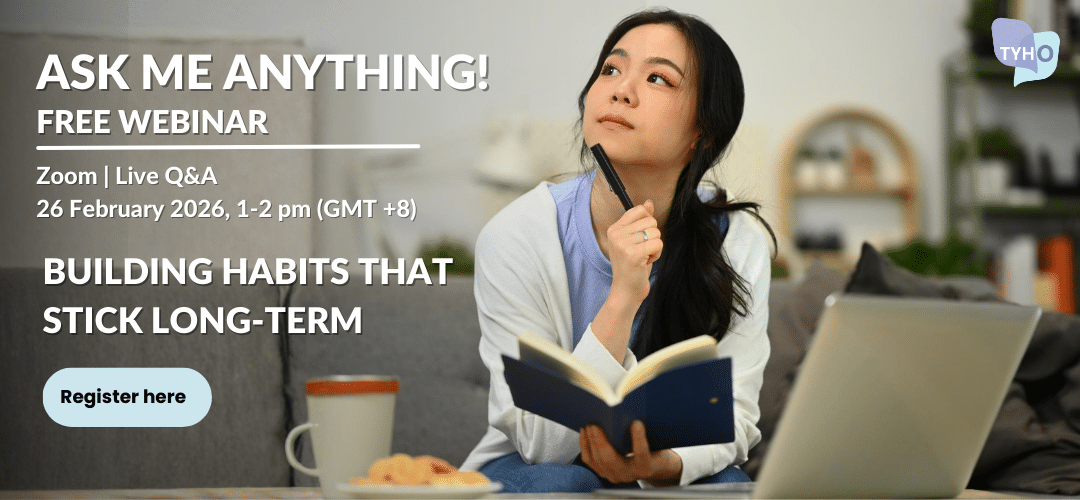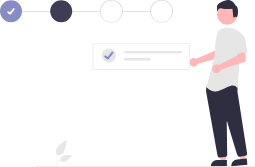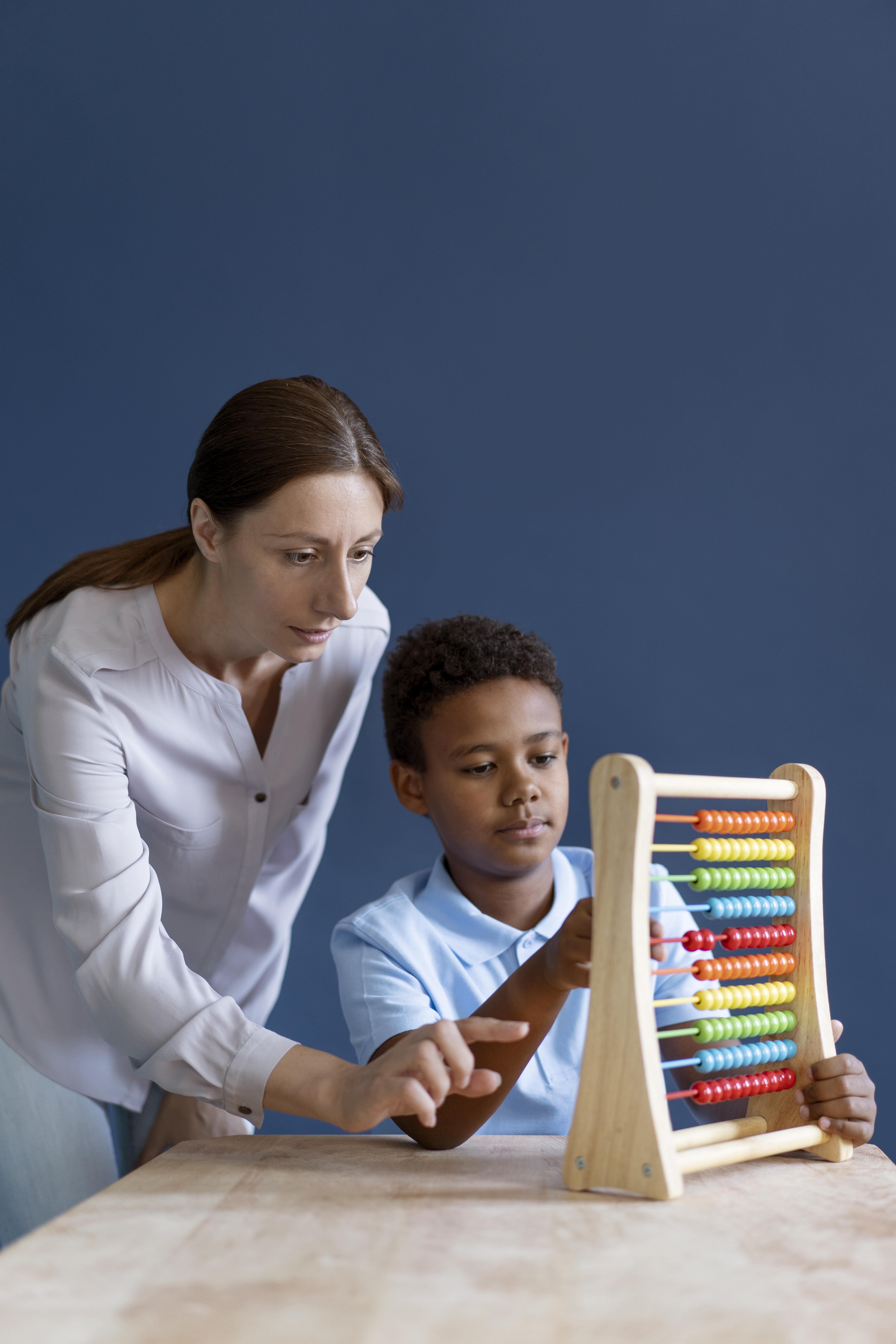Child Counselling in Australia
A little support can make a big difference!
At Talk Your Heart Out (TYHO), our goal is to make sure every child feels heard and understood.
98% of our community is satisfied with our therapy services. Reach out today!
Child Counselling in Australia: Introduction
What is child counselling?
Child counselling in Australia is a type of psychotherapy. In this space, professionals address and manage mental health issues faced by children and teenagers.
Counsellors use interventions like play therapy to help kids understand their thoughts and feelings.
Kids may face issues such as stress (ie school or academic pressures), mood swings, anxiety disorders, and grief.
The aim of child counselling in Australia is to simplify these problems for those from infancy to teen years and help them grasp and manage these emotions effectively.
At TYHO, our expert child Therapists provide insights into your child’s interpersonal and emotional growth. Further, these professionals also evaluate the overall mental wellness of children.
All Australian Therapists at TYHO have a minimum of a master’s in counselling or psychology.
Hence, all professionals have the qualifications to evaluate, diagnose, and address several psychological conditions, life transitions (eg family separation, transitioning to a new school, dealing with intimidation, grief etc), and emotional issues such as uncontrollable angerand anxiety.
Most times, although you may live with your child, it is easy to identify the signs of psychological distress.
A kid’s mood swings could be interpreted as a ‘phase’, or their lack of sleep could be interpreted as them ‘rebelling’.
The line between developmental stages and emotional distress is quite subtle. This is where child counsellors can help you.
What does a child Therapist do?
Note: All TYHO professionals have similar qualifications. Hence, at TYHO, we use the terms ‘child Therapist’, ‘psychologist’, and ‘child counsellor’ interchangeably.
Child Therapists at TYHO look into several aspects, such as:
- Managing a child’s behaviour
- Guiding parents
- Exploring issues children may face, such as low self-esteem
- Helping families understand their children better
During child counselling, your Therapist in Australia may conduct psychological testing to analyse your child’s personality.
Roles and Responsibilities of a Child Counsellor
Guiding Your Child Through Challenges
Child counsellors use tools like play therapy to explain complex topics to children in a way they can understand.
The experts break down problems and make it more approachable for your child.
Coping With Emotional Distress
Child psychologists help with just that. At TYHO, our professionals may use CBT or motivational interviewing to help children manage emotions.
Coping with Loss and Grief
Child psychologists in Australia provide support to help children understand grief and loss, explore and make sense of their feelings, and engage in healthy coping mechanisms.
Addressing Mental Health Issues
Child Therapists can help with several mental health conditions that children can face, including:
- Anxiety disorders
- Attention-deficit hyperactive disorder
- Autism
- Learning disorders
- Effects of bullying and abuse
How Can TYHO Counsellors Help You?
Looking out for specific signs that your child might benefit from online counselling in Australia can be helpful.
For example, if your child constantly exhibits behaviours or attitudes that are not quite typical for them or shows signs of behavioural issues (ie shouting or avoiding interactions) that are unusual for their age – it might be time to consider talking to an expert.
Moreover, if your child has been through a major life event recently or in the past and finds it unable to cope – child counselling in Australia can be a good option.
These life events could be experiencing violence, losing a close family member or pet, moving to a new place, parent’s separation, dealing with long-term illness etc.
Some of the common signs you can look out for include:
- Sudden hostility or avoidance without a clear cause
- Bedwetting
- Struggles in adapting to academic, social or new environments
- Sleepwalking or trouble sleeping (eg chronic insomnia)
- Decline in academic performance or dropping grades
- Persistent fears and anxieties
- Withdrawing from previously enjoyed activities
- Significant change in eating habits
- Thoughts or actions related to self-harm or suicide
- Reacting to voices only they can hear
- Avoiding social interactions altogether
- Experimenting with or becoming dependent on substances
- Frequently complaining of physical health issues with no medical cause
A skilled counsellor can observe, evaluate, and identify the root problems impacting your child’s health.
A child counsellor equips both you and your child with strategies to manage any mental health issues constructively.
TYHO’s online child counsellors in Australia can help with several emotional and behavioural problems.
Key areas where TYHO’s psychologists can help include:
- Stress management: Stress in children can present itself in various ways. Typical types of stress include performance anxiety, fears, and overwhelming worry.
- Mood swings: Adolescents and younger children might experience mood disorders. Signs to watch for include sadness, apathy, irritability, crying spells, , and fatigue.
- Behaviour challenges: Young ones with conduct issues may show signs such as indecisiveness, anger, breaking rules, being impulsive, or engaging in risky behaviours. At TYHO, we also provide anger management therapy to help in these situations.
- Educational challenges: Children facing educational challenges may find it hard to read, write, or achieve academic success.
- Emotional trauma: Young people who have faced trauma might deal with emotions like fear, shame, guilt, or embarrassment.
Therapy is unfamiliar, and you may have several questions regarding the approach, your Therapist, safety and privacy, and your child’s wellbeing.
TYHO child Therapists are highly qualified and make sure to keep all your therapy information private.
Moreover, your Therapist will be happy to answer any questions you may have and clarify your doubts regarding therapy. In fact, it’s important to ask questions in the first few therapy sessions to:
- Check if your Therapist is the right fit
- Check if your child feels comfortable during therapy sessions
Consider asking the psychologist questions like:
- What kind of educational background and clinical experience do you have in dealing with young children and teenagers?
- Can you describe your therapeutic strategy for children and the methods you typically use?
- How do you work with parents and families during the therapeutic process?
- Will you conduct sessions individually or along with parents?
- What criteria do you use to evaluate my child’s progress during therapy?
- How will you address any concerns I might have about the therapy my child is receiving?
- How frequently do you recommend therapy sessions for children, and what is the usual duration for a therapeutic plan?
- Are you able to provide testimonials or recommendations from other parents or professionals?
- Do you have expertise in handling particular challenges or disorders that my child may face?
- How do you respond to urgent situations or crises that occur outside the standard therapy hours?

Psychological Services in Australia
In the below section, you will find more information about mental health issues we help with and our therapy services. Click on the link of each service to read more!
Therapy Services

Depression Therapy
Our counsellors will help you manage emotions, overcome sadness, and help you rediscover joy in life.

Counselling Services
TYHO counsellors are vetted for their compassion, expertise, and commitment to your well-being and growth.

Therapists
Experts can help you manage stress and worry, and learn scientific tools to increase calmness and resilience.

Couples Therapy
Navigate couple issues like arguments and disconnect. Improve your love life with the help of our counsellors.

Psychotherapy Services
Explore the root causes of your issues, and learn therapeutic tools for personal development.
Frequently Asked Questions
To become a child counsellor in Australia, you may need to have a minimum of a master’s in counselling.
Additionally, at TYHO, we look into several other factors, such as:
- Your clinical training and expertise
- Areas of interest
- Additional certifications and courses
Lastly, we also make sure that all TYHO child counsellors have the following soft skills:
- Empathy
- Open-mindedness
- Non-judgemental attitude
- Sensitivity to diverse backgrounds
We have a high standard and select only the best and most professional Therapists.
For guidance in selecting a child Therapist, we urge you to explore our platform at https://app.talkyourheartout.com/.
On our site, you have the flexibility to filter Australian Therapists based on specific criteria like the type of psychological issues they address, the Therapist’s gender, the format of therapy sessions (ie audio or video sessions), and the nature of the services offered (ie individual, couples).
We encourage you to delve into the detailed profiles of each child counsellor available in Australia.
Here, you’ll find all the information about their academic background and areas of expertise.
Additionally, you can also watch each professional’s brief videos to learn more about their therapy style and personality.
For any help in choosing a good online therapist in Australia, feel free to contact us.
We’re available through email at [email protected] or via WhatsApp (simply click the icon located at the bottom right of your screen).
In the initial stages of therapy, a child counsellor at TYHO may prioritise creating a welcoming and friendly environment for your child.
As therapy progresses, the psychologist will help your child understand their feelings and thoughts.
The psychologist might use a single modality or multiple approaches (ie eclectic approach) to develop the therapeutic plan.
As adults, we may already understand emotional overwhelms such as anger, frustration, happiness, and grief. However, children may feel more confused and isolated. Hence, therapy appropriate for their age groups can be helpful.
At TYHO, our Therapists adopt a diverse and integrative approach to therapy. This means they may explore a variety of areas in your child’s life, including:
- Educational performance
- Social relationships
- Family relationships
- Personal interests
- Hobbies
The type of therapy your child may need depends on:
- Your child’s issues
- The intensity of the issues
- Your child’s age and personality
- Your Therapist’s specialisations
- Professional recommendation
However, at TYHO, some of the most common and effective therapy approaches used include:
- Play therapy
- Motivational interviewing
- Art therapy
- Cognitive behavioural therapy
- Talk therapy
- Narrative therapy
You can have a discussion with your child counsellor in Australia to decide which therapy suits best for your child’s needs.



